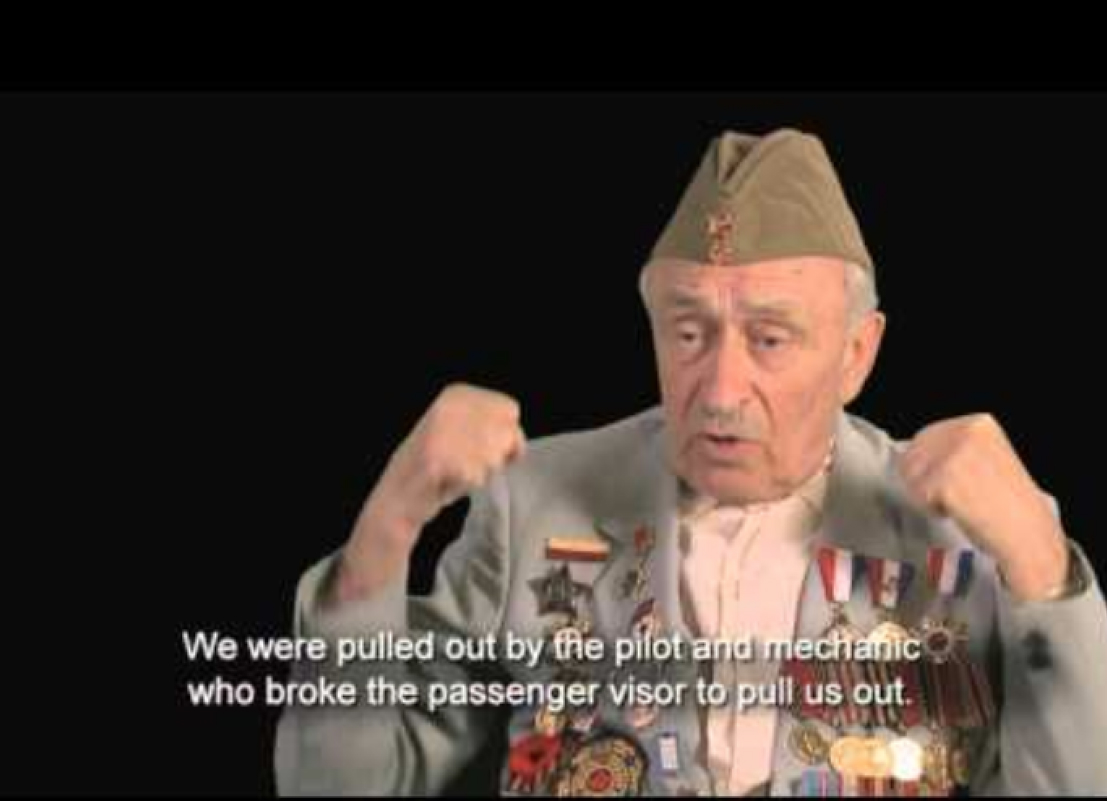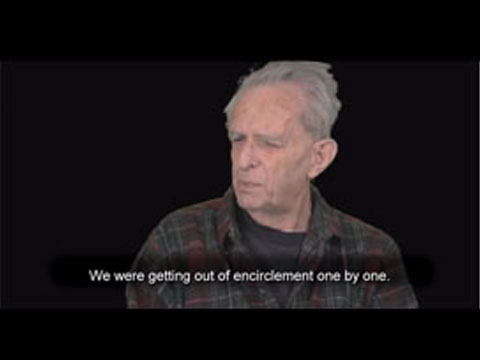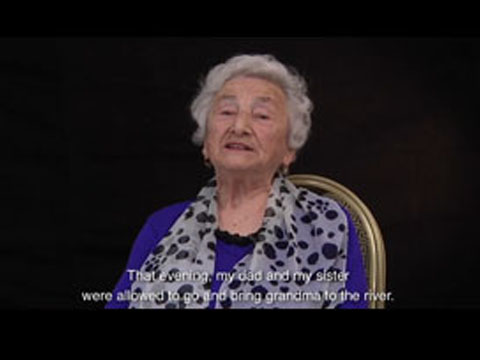
Mark Bas
Born December 25th 1922 Smolensk, Soviet Union.
Interviewed In: Toronto, Ontario
Medals Awarded: Order of the Patriotic War (1st and 2nd Class), Medal For Defense of Moscow and Victory over Germany In The Great Patriotic War
Medals Awarded: Order of the Patriotic War (1st and 2nd Class), Medal For Defense of Moscow and Victory over Germany In The Great Patriotic War


